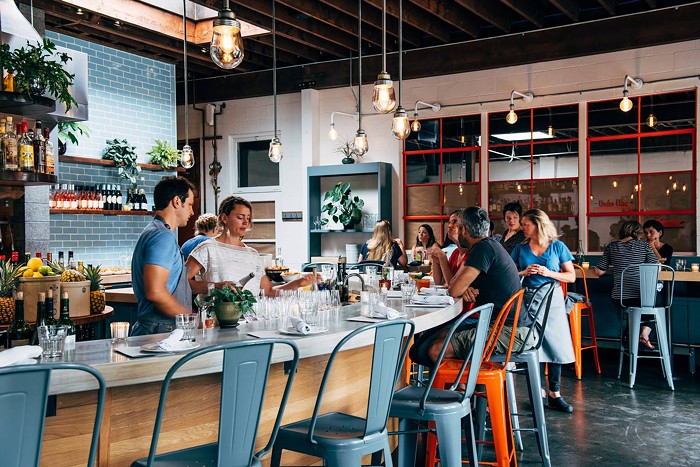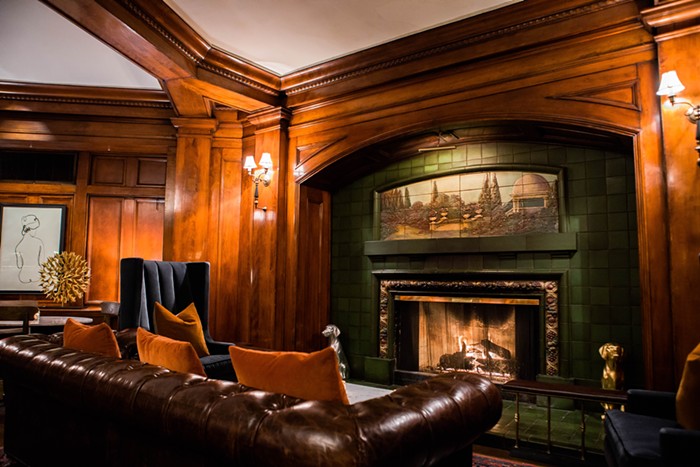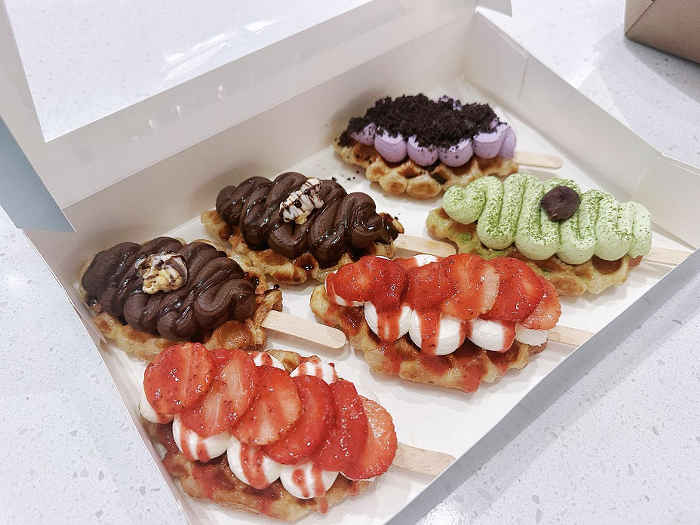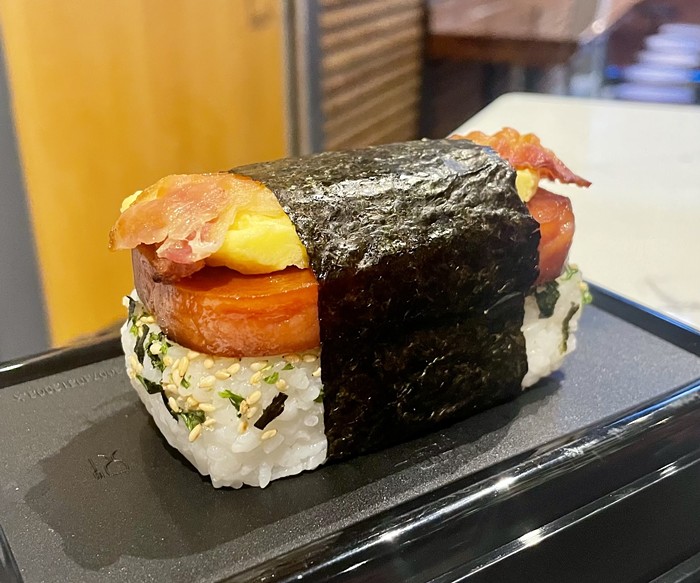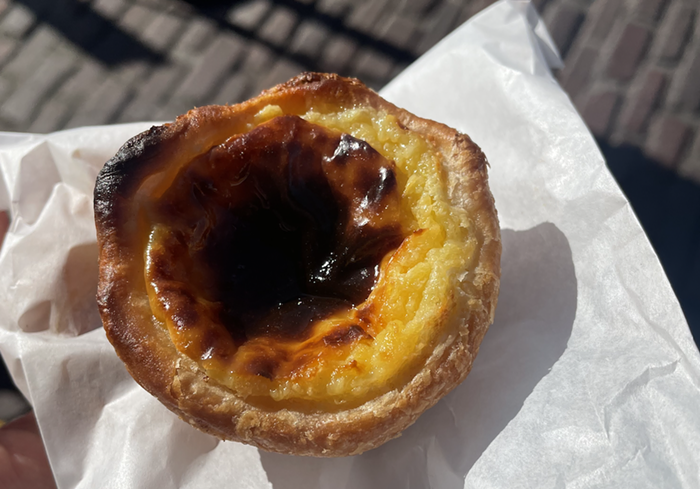In August 2009, a group of very angry Africans brought the body of an unconscious man to the doorstep of a police station in Guangzhou, China, and demanded justice. The unconscious man was a Nigerian named Emmanuel Okoro. He, like many Africans in this port city, was a trader struggling to make ends meet. Depending on who you ask or which report you read, Guangzhou has between 30,000 and 200,000 black Africans who primarily run small local and export businesses. Many of these Africans are not in the country legally, as visas usually last for only three months. Okoro's papers were not in order when the police burst into his operation at Tangqi Foreign Trade Clothes Plaza. Not wanting to be caught and deported, he jumped out of a second-story window and landed on his head. His bleeding body was picked up by other African traders and taken to the police station. Though China makes billions from African markets (a point Robert Neuwirth makes in his book Stealth of Nations), it has a reputation for treating Africans in Guangzhou like total shit.
This week, the popular Washington State winery Hedges Family Estate sent out a super-cheerful e-mail stating that it was looking "east to China" with the hope of tapping into "its growing market for quality wine." China's upper middle class is rapidly expanding and has lots of extra cash to spend on things like shark-fin soup, art from galleries in New York City and London, and wine from all over the world. So how is this Washington company entering this exciting, new, and potentially lucrative market? "Hedges Family Estate's new importer, Area 16, [is] based out of Guangzhou." Yes, the same city where 200 Africans protested the brutally unfair treatment of African traders by local officials. And the situation is not improving. "Race relations [are] deteriorating in the southern Chinese metropolis of Guangzhou," reported Time in June 2012, "after a Nigerian man died apparently in police custody. Chinese media did acknowledge the event, unlike other instances when news blackouts follow sensitive stories. But the reports were rather limited in describing the protests by somewhere between 100 and 500 Africans living in Guangzhou." In short, Hedges Family Estate is entering a market that's seriously complicated by unresolved labor and political issues.
"It's not right what is happening in Guangzhou," wrote Hedges's head of sales and marketing, Christophe Hedges, when I requested a comment from the winery about the bad situation it was walking into. "We will still sell wine there. I hope that such racism will end. We sell wine in the USA, and we have awful racism here..." Fair enough, but at least the US has democratic institutions to formally address racism and labor exploitation. No such institutions exist in China. That said, I actually do admire Hedges Family Estate because of their popular brand CMS (a cheap but posh-tasting wine—I drank two glasses of it while composing this column at my desk). ![]()


